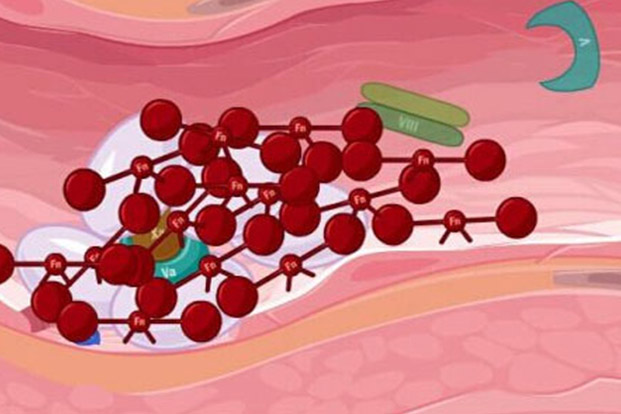Living With Hemophilia
Apr 19, 2022
“A child was undergoing circumcision, he bled a lot , was brought to the hospital. All measures to control bleeding failed and his initial workup for clotting factor deficiency came positive.” This is the most common presentation of hemophilia we witness in our clinical practice.
Although rare but one of the common hereditary diseases – Hemophilia A and B affect only males, as these both are X linked recessive disorders. Clotting factor VIII and IX are deficient in hemophilia A and B respectively. Other common presentations are joint bleeding , bleeding after tooth extraction, bruises and soft tissue bleeding. Timely diagnosis is crucial, as it can also lead to death and proper diagnosis can save a precious life.
Treatment for Hemophilia:
Treatment is simple , to replace the factor which is not available in the body. Dose and frequency varies depending upon the percentage of deficit. Supportive treatment like recurrent blood transfusion also help patient but side by side can cause transfusion related complications. Now it is recommended to give clotting factors (VIII and IX) prophylactic ally to decrease the risk of joint bleed , spontaneous internal bleeding, and intracranial bleed.

Before 1992, when there was no virus scanning done before blood and blood product transfusion. HIV and hepatitis are the two unwanted gifts which many hemophilics got.
But now as technology has advanced , the production of clotting factors by recombinant method has helped the hemophiliac patients get safe blood for transfusion. Gene therapy is another emerging therapy for treatment.
Antenatal Counseling is a must:
As it is a hereditary disorder counseling before conception and diagnosis in utero by amniocentesis are emerging tools for prevention. We should be cautious in giving other medicines like analgesics, anti coagulents and antiplatelate (aspirin) to them. They should also avoid games/ activities causing trauma like football, base ball, motorcycling and hockey
Now with advanced treatment, their life expectancy is just 10-20 years less than the normal person. But the treatment in the developing world is still gloomy because of the high cost and poor availability of medicines and experts.
What can we do?
As a medical professional, I rate education and awareness about this disease the best tool. You should be aware of the troubles that a hemophilia patient goes through. The best that any individual can do is donate blood regularly, especially if you have a rare blood type. This selfless act can help many patients smile and indirectly you could be helping many young hearts live more. Contact your nearest blood bank to make a difference to someone’s life.








